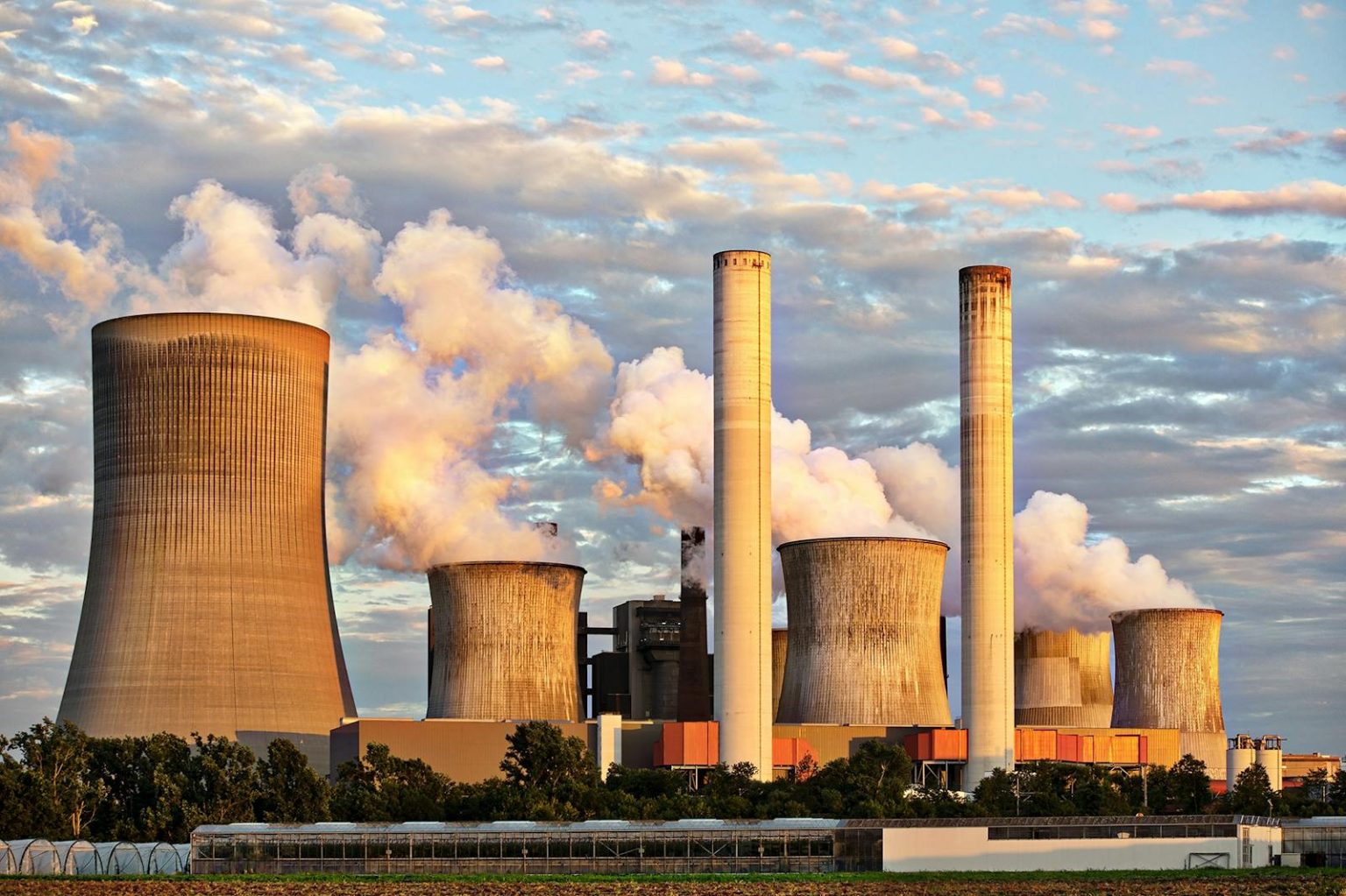President Trump signed executive orders on Monday aimed at restructuring the nation’s energy future and blocking the transition away from fossil fuels. The orders seek to make it easier and cheaper for companies to produce oil and gas while halting approved clean energy projects. These actions could lead to significant legal battles, as some may violate federal law or counter judicial decisions.
One of Trump’s orders aims to limit the Environmental Protection Agency’s authority to regulate greenhouse gases and proposes stopping funding for electric vehicle charging stations that Congress has already authorized. Representative Frank Pallone, Democrat of New Jersey, said, “Congress passed landmark infrastructure and climate investments, and now President Trump is attempting to illegally withhold that money from American businesses, communities, and workers.”
The recent moves highlight a fundamental tension. While Trump declares an energy emergency, he concurrently seeks to halt developments that could power homes and businesses with renewable energy.
He emphasizes strengthening American manufacturing but plans to withdraw assistance from the electric vehicle industry, which has invested billions in new factories across the United States. Robert N.
Trump’s orders impede energy transition
Stavins, director of Harvard University’s Environmental Economics Program, said, “The phrase ‘energy emergency’ is an excuse to put in place initiatives that are hostile to the energy transition that is already taking place, to stop the progress made in producing solar and wind power, electric vehicles, batteries, and renewable power.”
These actions are likely to face strong opposition and legal challenges from various stakeholders advocating for a transition to renewable energy. On his first day in office, Trump also signed executive orders aimed at boosting oil and gas drilling, mining, and logging in Alaska. While state political leaders are cheering the move, environmental groups see it as worrying.
Republican Gov. Mike Dunleavy said, “What do they mean? It means Alaska is back in business! It means a timber industry in the Tongass National Forest can once again take place.
It means Alaska can begin the process of finally getting its remaining acreage of land from the federal government.” He added that the move creates the possibility of “thousands and thousands of jobs.”
However, Gwich’in leaders oppose drilling on the coastal plain, citing its importance to a caribou herd they rely upon. Cooper Freeman, Alaska director at the Center for Biological Diversity, commented that the president “just can’t wave a magic wand and make these things happen.” Environmental laws and rules must be followed, and legal challenges to Trump’s plans are virtually certain. “We’re ready and looking forward to the fight of our lives,” Freeman said.

